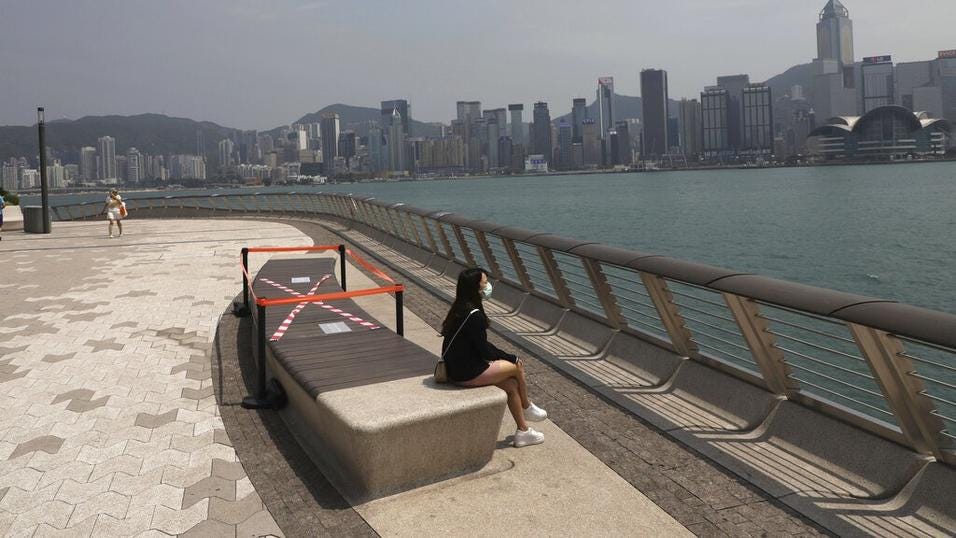Singapore Starting to Outshine Hong Kong as Financial Hub
Business uncertainty grows over security law

Hong Kong’s international business community, jittery because Beijing bypassed the government to impose a draconian national security law on the city, is inexorably beginning to turn eyes to Singapore as a more attractive financial hub, observers say, as uncertainty increasingly becomes a preoccupation.
Business organizations such as the American Chamber…
Keep reading with a 7-day free trial
Subscribe to Asia Sentinel to keep reading this post and get 7 days of free access to the full post archives.
